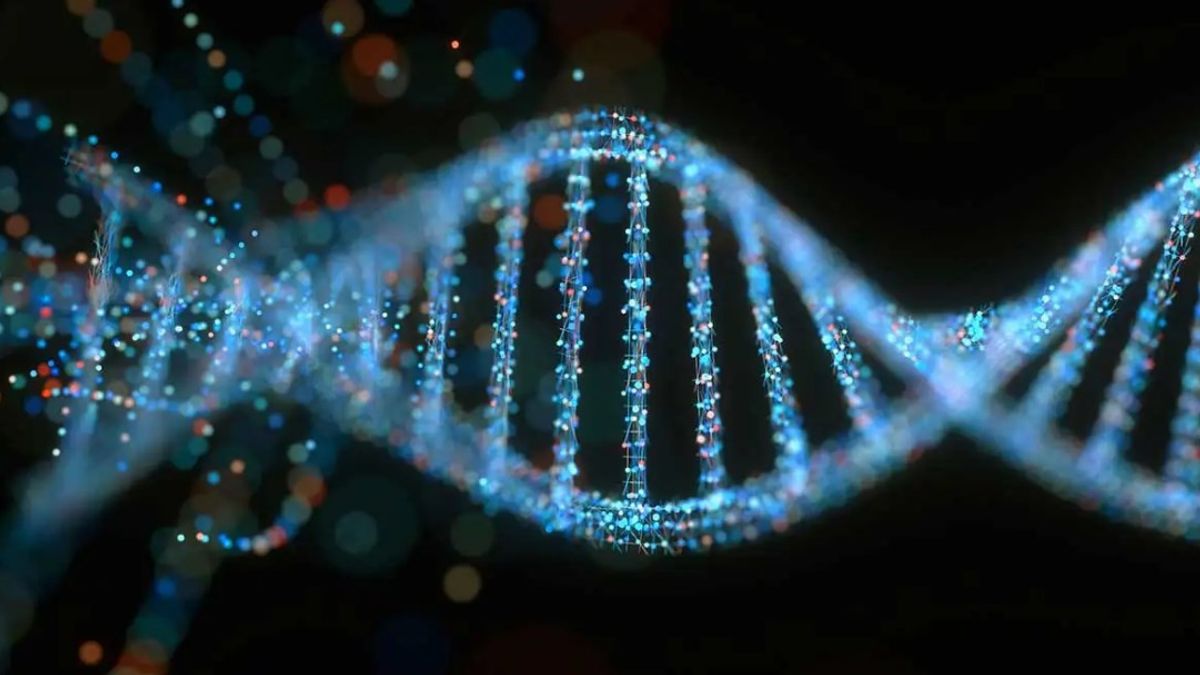JAKARTA - DNA has such an extraordinary density that it can be used to store data equivalent to the size of 10 digital films in a very small volume like a grain of salt.
Recently, scientists at Columbia University have taken the idea even further, namely writing data into the DNA of living bacteria as reported by Science.
In order for it to be made as a data storage area, the DNA must be converted by a DNA synthesizer from one and zero binary formats to organic code. A combination of four molecules, adenine, guanine, cytosine and thymine.
However, what is unfortunate is that as this code gets longer, the performance of the synthesizer becomes less and less accurate. To solve this problem, scientists break the code into pieces. Then, the DNA compiler has to put it back together in order to access the data.

Unfortunately, these actions have not stopped DNA from decreasing over time. This means that data storage in DNA cannot last forever. Scientists are looking for a solution by finding out if the same is the case for living organisms. As a result, these data are not only able to survive for a longer time, but also can be passed on to the offspring of organisms.
Launching Futurism, the research was headed by Harris Wang from Colombia who has been doing research for the last few years. Recently, the team managed to encrypt 72 bits of data to write the sentence "Hello world!" into a bunch of bacterial cells.
The researchers used CRISPR, a genetic editing technique that can combine and edit new strands into DNA to store data in these active genes.
"This work establishes a digital-to-biological data storage framework directly and enhances our capacity to exchange information between carbon and silicon-based entities," the research team said in a paper published in the journal Nature Chemical Biology this week.
Although this is an extraordinary achievement, until now the DNA sequence cannot be used for storing large amounts of data.
"We will not compete with the current memory storage system," added Wang as quoted by Science.
Scientists must also find ways that data can survive replication and mutation of bacterial DNA. Storing data in DNA is nothing new, there has been various research and development related to this before.
In 1988, Joe Davies and a joint team of Harvard and Berkeley researchers developed a method of storing data in DNA through the Microvenus project. Then there is the Wyss Institute which has succeeded in storing a copy of a book in DNA in 2011. It does not stop there, the technology giant Microsoft is also participating in storing 100 books, music videos and others that are more than 1 GB in size into DNA.
The English, Chinese, Japanese, Arabic, and French versions are automatically generated by the AI. So there may still be inaccuracies in translating, please always see Indonesian as our main language. (system supported by DigitalSiber.id)













